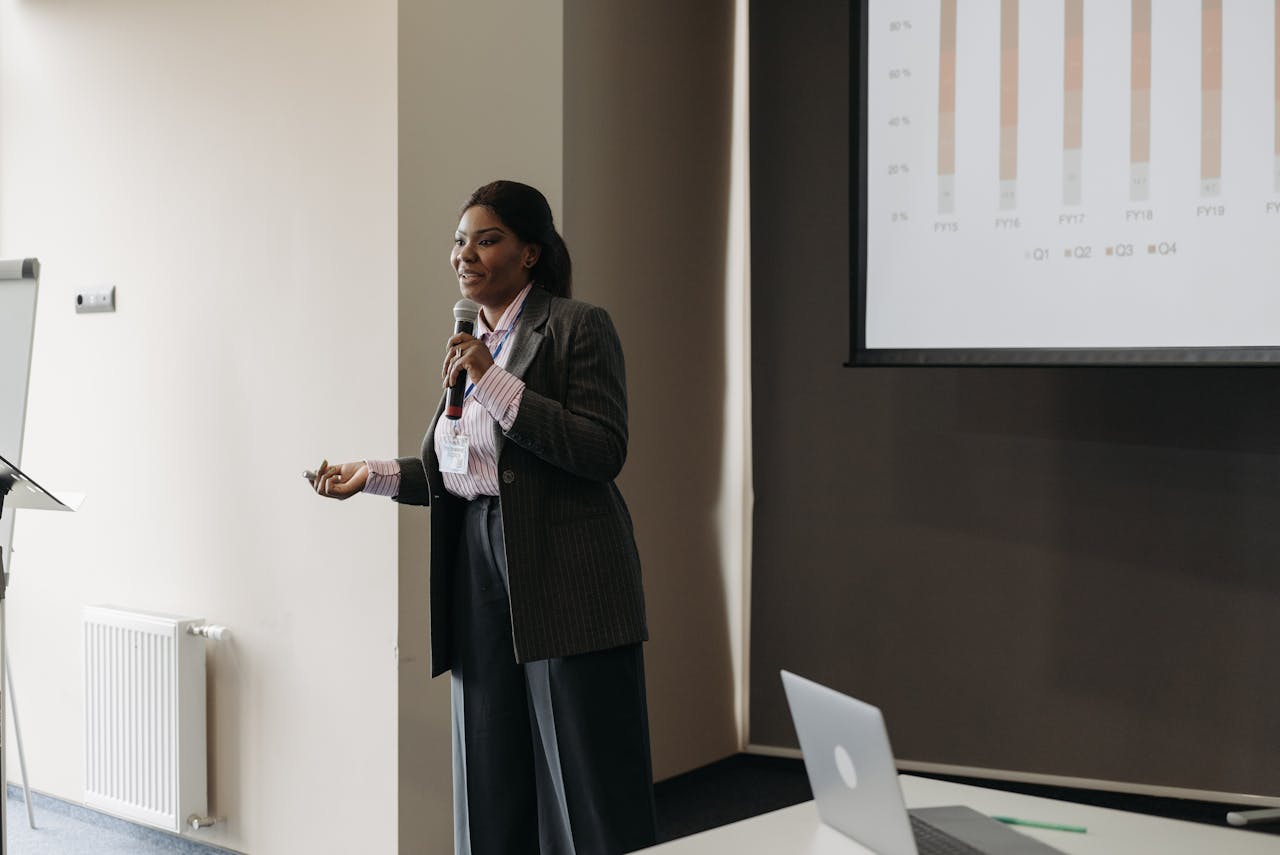The Panel Data Models in Stata course offers a detailed exploration of panel data analysis techniques using the Stata software. Panel data, also referred to as longitudinal or cross-sectional time-series data, is an essential tool in various fields including economics, finance, social sciences, and health research. This course aims to equip participants with the knowledge and practical skills required to conduct panel data analysis effectively in Stata. Participants will learn essential methods and applications of panel data models and how to interpret their results with precision.
Course Objectives
- Understand the foundational concepts of panel data analysis and its diverse applications.
- Learn how to manage and process panel data effectively using Stata.
- Explore various panel data models such as fixed effects, random effects, and dynamic models.
- Grasp the underlying assumptions and limitations of panel data models.
- Develop practical skills in estimating and interpreting panel data models in Stata.
- Delve into advanced topics like endogeneity, heterogeneity, and model extensions.
- Apply panel data models to real-world datasets and research challenges.
- Enhance research quality by using panel data analysis to publish impactful findings.
Organizational Benefits
- Boosted analytical capabilities: By training employees in panel data analysis, organizations will enhance their ability to extract meaningful insights from complex data, improving decision-making.
- Improved research quality: Panel data allows for more robust and rigorous research, enabling organizations to generate high-quality, actionable findings.
- Optimized resource allocation: Panel data models provide insights into temporal dynamics and variable interactions, helping organizations allocate resources more efficiently.
- Advanced forecasting: Panel data analysis supports accurate predictions, allowing organizations to forecast future trends with greater precision.
- Competitive advantage: Mastery of panel data analysis with Stata equips organizations with a cutting-edge tool for data-driven innovation, marketing, and strategic decisions.
Who Should Attend
- Researchers and analysts working with longitudinal or time-series data.
- Economists, finance professionals, and social scientists.
- Policy analysts and program evaluators.
- Graduate students and academics in economics, finance, or social sciences.
- Professionals in quantitative research and data analytics.
- Individuals aiming to enhance their data analysis proficiency using Stata.
Duration
10 days (The course content and duration can be customized based on specific needs and objectives.)
Course Outline
Module 1: Introduction to Panel Data Analysis
- Overview and features of panel data
- Advantages and challenges in panel data analysis
- Getting started with Stata for panel data analysis
Module 2: Data Management for Panel Data Analysis
- Panel data structures and formats in Stata
- Data preparation, cleaning, merging, and reshaping
- Dealing with missing data and outliers
Module 3: Descriptive Analysis of Panel Data
- Calculating basic statistics for panel data variables
- Visualizing trends and patterns in panel data
Module 4: Fixed Effects Panel Data Models
- Estimating and interpreting fixed effects models
- Controlling for individual-specific effects
- Evaluating model fit and diagnostics for fixed effects models
Module 5: Random Effects Panel Data Models
- Random effects model estimation and interpretation
- Comparing fixed effects versus random effects models
- Assumptions and limitations of random effects models
Module 6: Dynamic Panel Data Models
- Introduction to dynamic panel data models
- Estimation techniques: Arellano-Bond and GMM
- Dealing with endogeneity and serial correlation
Module 7: Hypothesis Testing and Model Specification
- Testing hypotheses and performing statistical inference in panel data
- Model selection criteria and specification tests
- Addressing heteroscedasticity and autocorrelation issues
Module 8: Endogeneity and Instrumental Variable (IV) Estimation
- Understanding endogeneity in panel data
- Instrumental variable techniques for addressing endogeneity
- Practical application of IV in panel data models
Module 9: Heterogeneity and Individual Effects
- Modeling individual heterogeneity in panel data
- Fixed vs random effects models for capturing individual effects
- Handling unobserved heterogeneity in panel data
Module 10: Time-Varying Covariates and Lagged Variables
- Incorporating time-varying covariates in panel models
- Including lagged dependent variables in the analysis
- Interpreting time-varying effects in panel data
Module 11: Model Extensions and Advanced Topics
- Limited dependent variable models (logit, probit, tobit)
- Dynamic panel models with endogenous variables
- Dealing with sample selection and attrition in panel data
Module 12: Panel Data with Binary Outcomes
- Modeling binary outcomes in panel data
- Fixed effects logit and random effects logit models
- Interpreting binary outcome models in panel data
Module 13: Spatial Panel Data Models
- Introduction to spatial panel data analysis
- Modeling spatial autocorrelation in panel data
- Estimating and interpreting spatial panel models
Module 14: Panel Data Analysis for Causal Inference
- Approaches for causal inference in panel data
- Instrumental variable and difference-in-differences methods
- Panel matching and propensity score techniques
Module 15: Policy Evaluation with Panel Data
- Using panel data for policy impact evaluation
- Counterfactual analysis and treatment effect estimation
- Identifying causal impacts with panel models
Module 16: Robust Standard Errors and Clustering
- Using clustered standard errors in panel data models
- Robust standard errors for addressing heteroscedasticity
- Interpreting results with robust standard errors
Module 17: Nonlinear Panel Data Models
- Introduction to nonlinear panel models (logit, probit)
- Estimating and interpreting nonlinear panel models
- Nonlinear dynamic panel models
Module 18: Handling Missing Data
- Addressing missing data issues in panel data analysis
- Imputation techniques for missing data
- Correcting biases caused by missing data
Module 19: System GMM Estimation
- Using system GMM for dynamic panel data models
- Instrument validity testing and diagnostics
Module 20: Analyzing Long-Run and Short-Run Effects
- Analyzing long-run and short-run relationships in panel data
- Dynamic panel models with lagged dependent variables
- Interpreting and comparing effects over time
Module 21: Event Study Methodology in Panel Data
- Implementing event study designs in panel data
- Using event fixed effects and regression models
- Interpreting results from event studies
Module 22: Multilevel Panel Data Models
- Understanding multilevel modeling for panel data
- Random intercepts and slopes in hierarchical data
Module 23: Count Data Models
- Count data models for panel data analysis (Poisson, negative binomial)
- Interpreting count data outcomes in panel settings
Module 24: Duration Models
- Analyzing duration outcomes in panel data
- Cox proportional hazards and parametric models
Module 25: Diagnostics and Remedies for Panel Data Models
- Diagnostic tests for panel models
- Correcting model misspecifications and outliers
Module 26: Endogenous Regressors in Panel Models
- Endogeneity issues and solutions in panel data
- Instrumental variable methods for endogeneity correction
Module 27: Advanced Panel Data Techniques
- Exploring advanced topics (e.g., latent class models)
- Recent developments in panel data analysis
- Case studies using advanced panel techniques
General Notes
- Our courses can be customized to meet specific participant needs.
- Participants must have a basic proficiency in English.
- Our training includes guided presentations, practical exercises, online tutorials, and group activities.
- Participants will receive a certificate upon successful completion from Stepsure Training and Research Institute.
- Training can be conducted at our center, or we offer in-house and online training on a flexible schedule.
- The course fee includes training materials, coffee breaks, and lunch. Travel and accommodation expenses are the responsibility of the participant.
- Discounts are available for group registrations.
Contact Us
Email: info@stepsureresearchinstitute.org
Phone: +254 723 482 495
Website: www.stepsureresearchinstitute.org








